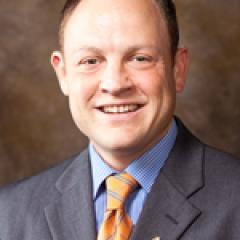EduSanity: A Month of Opting Out of Standardized Tests: Day 2
This is the second of 20 posts I will be writing during the PARCC testing window of March 9 – April 10. If you’re interested in the growing master list of reasons we opted out of standardized tests in 2015, you can find it here.
Reason 2: False Premises
If you listen to politicians and pundits (bad idea) then you’d think that poor standardized test scores are a danger to our national security and that boosting test scores can be the cure for everything from pervasive poverty to sustainable economic growth. You’ll even hear claims that closing the achievement gap will add trillions of dollars to our GDP. While the U.S. census has shown that each additional year of schooling will lead to greater overall career earnings, there is no evidence that higher test scores will have that same relationship. Economists make predictions with lots of assumptions, but there is one serious flaw to the argument that higher test scores equal greater economic success.
That flaw is that test scores are a symptom of poverty and economic success, not a cause. There is a clear and undeniable link between socioeconomic status and test scores, but it is socioeconomic status that affects test scores, not the other way around. Simply put, raising test scores will not reduce poverty – reducing poverty will raise test scores. We opt our children out of the test because we refuse to help perpetuate the shortsighted focus on symptoms rather than causes.
If you want to know more about the problems that poverty causes that test scores won’t fix, we recommend this book.
For tomorrow: Narrowed Curriculum
This blog post has been shared by permission from the author.
Readers wishing to comment on the content are encouraged to do so via the link to the original post.
Find the original post here:
The views expressed by the blogger are not necessarily those of NEPC.

